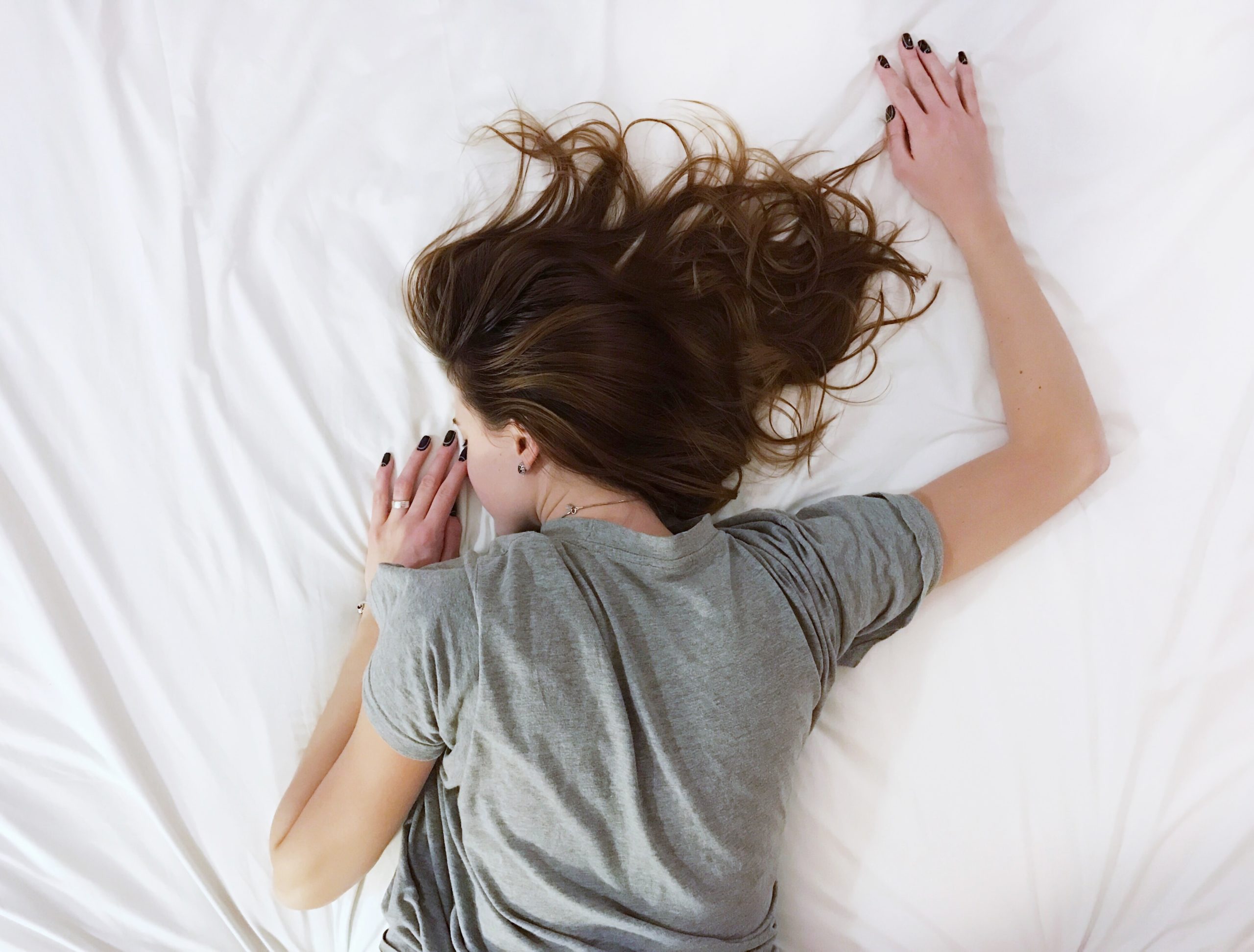Sleep is one of our basic physiological needs, along with food and water. When we satisfy those primary functions, we can deal with other physical and cognitive activities.
And yet, more and more people are skimping on sleep. To be more precise, about 33% of adult Americans aren’t getting proper sleep. Yes, you’ve read that right: one-third of the US population has chronic sleep issues. And this widespread condition affects everything from professional success to family and relationships, causing both tangible and intangible losses.

While not sleeping well will cause various difficulties, doing your best to reach 7-8 hours of quality sleep per night can put you back on the road to success. Here’s how.
1. Improved physical endurance
When we sleep short hours or wake up several times per night, we usually feel cranky and moody the following day. But this mental “itchiness” is not the only consequence of bad sleep. Sleeping less than prescribed leads to reduced physical operability as well.
During sleep-deprived, tiresome days at work, you feel physically weak and drowsy. Most people try to boost their energy with tons of coffee, energy drinks, and snacks, which may have a temporary positive effect, but we develop resistance to their effects in the long run. Then we tend to consume even larger quantities, ultimately becoming addicted to these artificial supplements.
As opposed to that, sleeping well for a few nights in a row will recover our muscles and other vital tissues. Our muscles relax and regenerate during the REM-stage, which increases both their capacity and resistance to stressful situations.
This sleep-endurance relationship functions the other way around, as well: people who start working out tend to improve their sleeping habits. So, if you sleep more, you’ll be physically able to handle more, while your sleeping will improve if you work out.
2. Stronger creative potential
Let’s talk about the REM-stage for a bit longer.
It’s not only muscles that recover and invigorate during this deep-sleep stage. According to a theory developed by scientist Penny Lewis, creativity is closely connected with REM. In this stage, the brain processes data from one or more previous wake periods. Throughout the process, it rewinds dozens of events and hundreds of images, segments, and sequences from our short-term memory.
What happens here is a powerful surge of neurological activity, in which ideas and associations connect in a more intensive way than when we’re awake. As a result, we get fresh concepts that consist of previous experiences intertwined together. These new ideas may be the core elements of new creative processes within our minds.
After all, you don’t need a scientific study to notice that the brain tends to be more productive and creative when it gets enough sleep.

3. Productive team collaboration
Working people face dozens of different challenges every day. From getting up on time and commuting to handling teamwork, numerous elements of our day drench our energy. With enough sleep, we’re physically, mentally, and even emotionally equipped to handle it without falling apart.
Being well-rested also increases our capacity for result-oriented team collaboration. When you’re exhausted and tired, you’ll focus more on your own needs. This is an innate instinct, since sleep is one of our basic needs.
Logically, when you get 7-8 (or more) hours of sleep, you’ll satisfy one of these primary needs. Instead of thinking about how tired you are, you’ll be able to pay more attention to your surroundings. This is why tight sleepers tend to be more productive as team workers – they have enough energy to focus on both their individual tasks and their responsibilities within a team.
4. Younger looks, higher self-esteem
When you don’t sleep well, even if it’s just one night, you probably notice dark circles under your eyes. And with chronic sleep deprivation, your skin may become drier and less supple, despite all the skincare products you may be using. What’s more, when you’re sleepy, your entire posture will deteriorate.
As opposed to that, getting normal sleep will remove the eye bags and improve the quality of your skin. In addition to these subjective improvements that everybody can notice, there’s scientific proof for the existence of beauty sleep. In short, people who switch from short sleeping hours to sleeping 7-9 hours per night experience dramatic improvements in the quality and texture of their skin.
Naturally, when you’re satisfied with the person you see in the mirror in the morning, your self-esteem is bound to be healthier. You’ll look more satisfied, and your posture will improve as well.
Armed with self-confidence, you can be more efficient in everything you do.

5. Relaxed personal relationships
If your sleeping routine is messy, it’s highly likely that your personal relationships will follow suit. People who suffer from sleep disorders usually don’t find it easy to cope with their obligations of all kinds. In that light, you might forget about a night out you’ve arranged with friends, feel too stressed to join them, or easily lose focus when socializing.
But when you’ve had proper rest and you’re mentally rejuvenated, it’s much easier to remember what you’ve promised and to whom. You’ll have more energy and initiative to meet your friends and spend quality time with them.
All this is even more important for parents and people living with partners. If you’re relaxed, positive, and energetic, you’ll have more patience for those around you, including your kids.
So, if you’re trying to improve your sleeping habits to get your personal life back in order, it would be useful to make a recovery plan. For instance, you may want to write down things that relax you in the evening or think about different ways to start your day. Inspiring morning routines can help you change the sleeping pattern and increase your energy, helping you be a better partner and a better parent.
6. Reduced health risks
Sleep is one of the key prevention factors when it comes to health risks. Likewise, not getting enough sleep incurs various health risks.
If you sleep only a few hours a night, you most likely have more meals than an average sleeper. Overeating late in the evening may lead to obesity, especially for sedentary adults who stay in the office all day long.
What’s more, your body is constantly in a state of increased stress when it’s running low on sleep. Your adrenaline levels are constantly high when you don’t sleep properly. Your brain perceives this as a sign of danger, triggering the heart work more intensively than it should. Over the years, this chronically stressed condition induced by a lack of sleep can lead to heart attacks, strokes, and atherosclerosis.
Contrary to that, people who go to bed on time and get enough sleep reduce the risk of heart failures and diabetes. Their libido and fertility may increase, as well, due to lower stress and improved physical well being.

Speak Your Mind